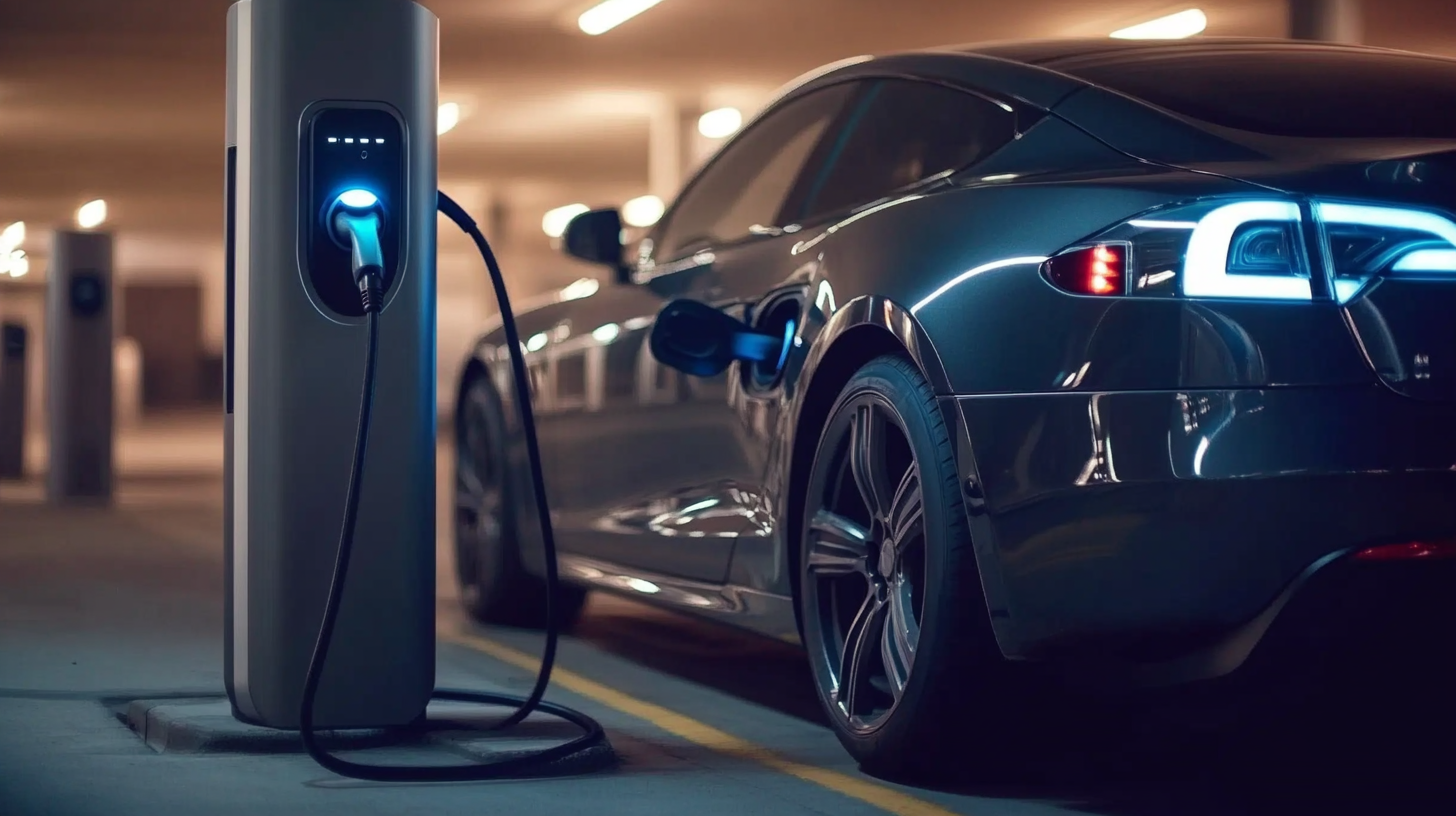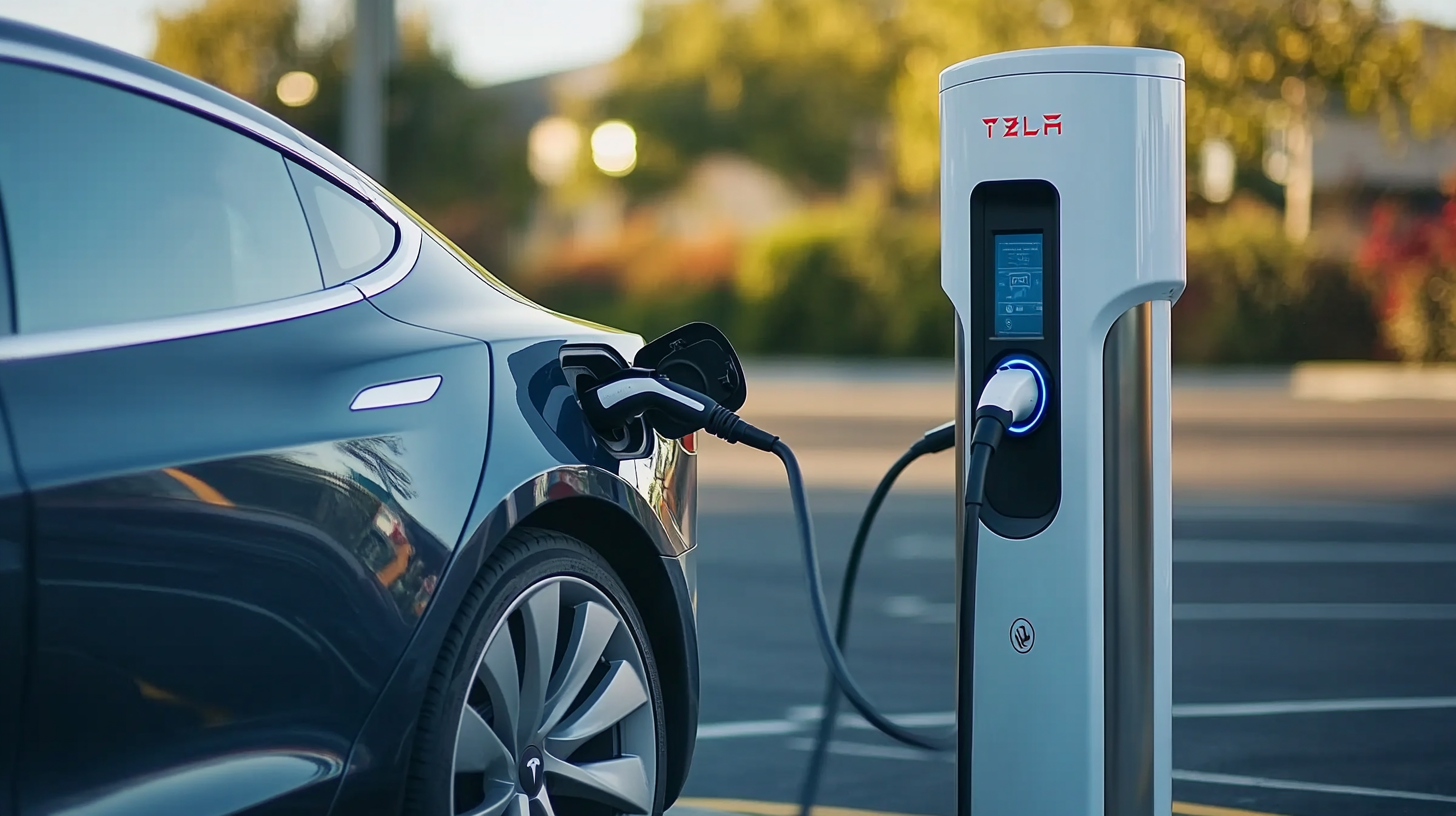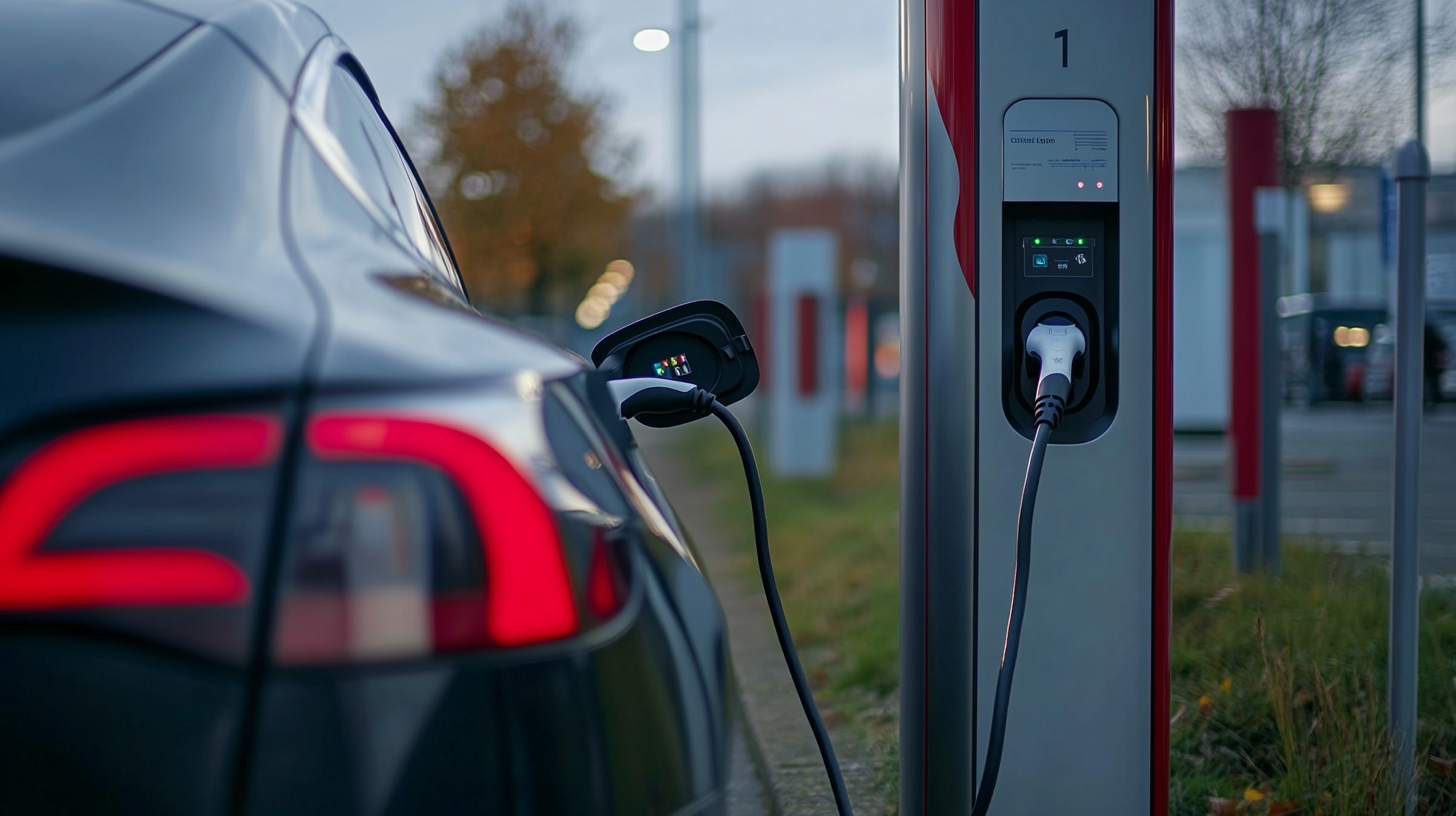
How to Choose the Best EV Charger for Your Unique Business Needs
As the global transition to electric vehicles (EVs) accelerates, businesses are increasingly recognizing the importance of investing in the right EV charger to meet their unique operational needs. According to recent industry reports, the global EV charger market is expected to grow from $3.5 billion in 2020 to over $30 billion by 2027, reflecting a compound annual growth rate (CAGR) of 35.2%. This surge highlights the critical role that reliable and efficient charging infrastructure plays in supporting the burgeoning EV market. As businesses navigate this evolving landscape, selecting the most suitable EV charger becomes vital not only for customer satisfaction but also for enhancing sustainability efforts and minimizing downtime. This blog will explore key considerations and best practices for choosing the optimal EV charger that aligns with your company’s objectives and operational demands.

Identifying Your Business's Unique EV Charging Requirements
When selecting an EV charger for your business, it's crucial to identify your unique charging requirements. Understanding the specific needs of your operations will guide you in choosing the right type of EV charging solution. For instance, consider the number of vehicles, their charging frequency, and the types of EV models that will be used. This assessment will help you decide between Level 2 chargers for slower, overnight charging or DC fast chargers for quick turnaround times, ensuring that you maximize efficiency and minimize downtime.
Additionally, stay informed about advancements in EV charging technology that can enhance your business's charging capabilities. The integration of AI and automated systems can streamline the charging process, making it more user-friendly for customers. This is especially important as the EV charging market is expected to expand significantly, meaning businesses must be prepared to adapt to increased demand and evolving infrastructure needs. Furthermore, investing in reliable charging solutions can bolster your local economic vitality by attracting customers who rely on electric vehicles, thereby promoting cleaner transportation in your community.
Understanding Different Types of EV Chargers Available on the Market
When evaluating options for electric vehicle (EV) chargers, it's essential to understand the different types available on the market. The two primary categories are Level 2 chargers and DC Fast Chargers. According to the U.S. Department of Energy, Level 2 chargers typically provide charging speeds of about 10-60 miles of range per hour, making them suitable for businesses where vehicles can be charged overnight or during long breaks. This type of charger is commonly used in commercial environments such as parking lots, hotels, and retail locations due to its balance between cost and charging efficiency.
On the other hand, DC Fast Chargers offer a much quicker alternative, providing charging speeds that can exceed 100 miles of range in just 30 minutes. According to a report by the International Energy Agency (IEA), DC Fast Chargers are critical in enabling long-distance travel for EV owners, especially as the demand for electric vehicles continues to rise. Businesses that cater to EV drivers or those that have a fleet of electric vehicles must consider investing in DC Fast Chargers to remain competitive and meet customer demands effectively. Understanding these different types of chargers is crucial for tailoring solutions that align with specific operational needs and customer expectations.
How to Choose the Best EV Charger for Your Unique Business Needs
| Charger Type | Charging Speed | Installation Cost | Ideal Use Case | Network Connectivity |
|---|---|---|---|---|
| Level 1 Charger | 4-5 miles per hour | Low | Home use, small business | No |
| Level 2 Charger | 10-20 miles per hour | Medium | Public charging, workplaces | Optional |
| DC Fast Charger | 60-100 miles in 30 minutes | High | High-traffic areas, fleet charging | Yes |
| Wireless Charger | Varies | Very High | Innovative installations, luxury facilities | Yes |
Assessing Power Needs and Installation Considerations for EV Chargers
When choosing the best EV charger for your business, assessing power needs and installation considerations is crucial. Start by evaluating the specific requirements of your electric vehicle fleet. Determine the number of vehicles that will be charged simultaneously and the charging speed necessary for your operations. For example, if you operate a delivery service with multiple EVs needing quick turnarounds, you might benefit from Level 2 chargers, which provide faster charging times compared to Level 1 options. Engaging with an energy consultant can provide insights into expected usage patterns and peak charging times, ensuring you select a charger that meets both current and future demands.
Installation considerations also play a pivotal role in the decision-making process. Analyze your site's electrical infrastructure to ensure it can handle the additional load from the chargers. This may involve upgrades to your electrical panel or the installation of new circuits. Consider the physical space available for the chargers – they should be easily accessible for users while also adhering to safety codes and regulations. Additionally, evaluate whether you need indoor or outdoor charging solutions, as this can affect both the type of charger and its installation. Making these assessments upfront will lead to a more efficient charging solution that aligns with your business's operational goals.
Power Needs Assessment for EV Chargers
Navigating Industry Standards and Regulations for EV Charging Stations
When selecting an electric vehicle (EV) charger for your business, understanding industry standards and regulations is crucial. These guidelines ensure that your charging stations are safe, efficient, and compliant with local laws. Familiarizing yourself with the National Electrical Code (NEC) and the Americans with Disabilities Act (ADA) requirements can significantly smooth the installation process and enhance accessibility for all users.
Tip 1: Always check local regulations regarding EV charger installations, as they can vary significantly by location. Some municipalities may have specific requirements for the number of chargers based on the size of your business, so be proactive in reviewing these before making decisions.
In addition to compliance, consider certifications from recognized organizations like Underwriters Laboratories (UL) that signify the charger meets safety and performance standards. This not only increases consumer trust but can also impact insurance policies and potential liability concerns.
Tip 2: Look for chargers that are compatible with multiple EV models and offer features such as smart charging capabilities. This will not only future-proof your investment but also cater to a broader audience, helping to maximize usage and return on investment.

Evaluating Cost-Effectiveness and Return on Investment for EV Chargers
When it comes to selecting the best EV charger for your business, evaluating cost-effectiveness and return on investment (ROI) is crucial. The initial purchase price of an EV charger may seem daunting, but a comprehensive analysis reveals that the long-term savings often outweigh these upfront costs. Energy efficiency, maintenance expenses, and potential income from charging fees all contribute to the overall financial picture. Businesses should also consider local incentives, tax credits, and rebates that can further enhance cost savings and accelerate ROI.

In addition to direct financial implications, the installation of EV chargers can elevate a company's brand image and attract eco-conscious customers. With more consumers seeking sustainable options, having charging facilities can serve as a competitive advantage. Businesses can gauge this added value through customer feedback and increased foot traffic, ultimately tying these benefits back into financial metrics. By taking a holistic approach to evaluating cost-effectiveness and ROI, organizations can make informed decisions that align with their unique goals and operational needs.
